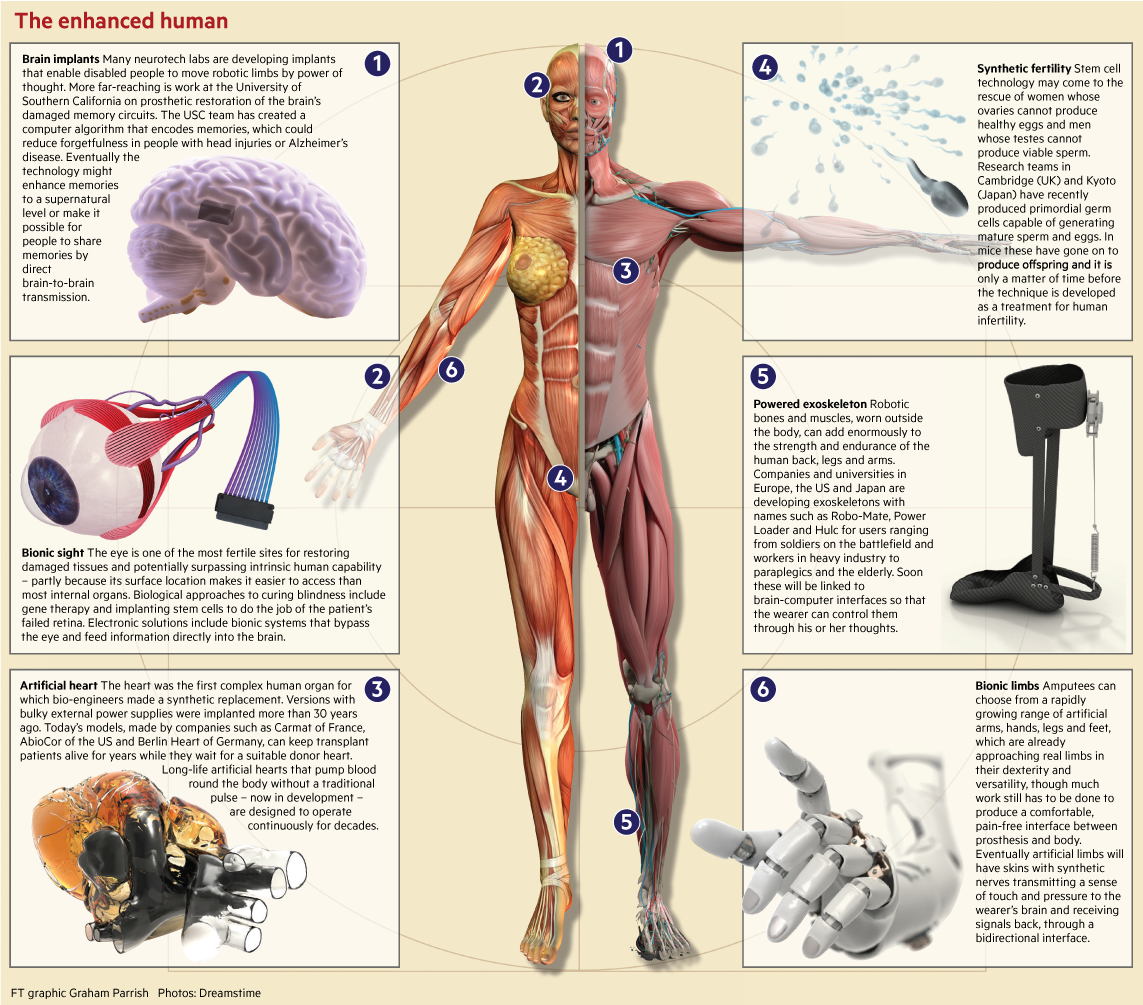Page 11445
Jan 20, 2016
British parliament to consider motion on universal basic income
Posted by Shailesh Prasad in categories: economics, policy
MPs in the British Parliament are being asked to consider the question of introducing a universal basic income paid unconditionally to all citizens.
An Early Day Motion on the policy, tabled by Green Party MP Caroline Lucas, calls on the Government to commission research into the idea’s effects and examine its feasibility to replace the UK’s existing social security system.
The motion, which raises the profile of the idea but is very unlikely to be adopted into law, says the policy “has the potential to offer genuine social security to all while boosting entrepreneurialism”.
Jan 20, 2016
Google’s new algorithm will make Chrome run much faster
Posted by Shailesh Prasad in categories: energy, information science
Chrome is about to load web pages a lot faster than you’ve experienced up until now. Thanks to a new compression algorithm called Brotli, which Google introduced last September, Chrome will be able to compress data up to 26 percent more than its existing compression engine, Zopfli, which is an impressive jump.
According to Google’s web performance engineer Ilya Grigorik, Brotli is ready to roll out, so Chrome users should expect to see a bump in load times once the next version of Chrome is released. Google also says Brotli will help mobile Chrome users experience “lower data transfer fees and reduced battery use.” The company is hailing Brotli as “a new data format” that Google hopes will be adopted by other web browsers in the near future, with Firefox seemingly next in line to adopt it. But for now, expect to notice your web pages loading a bit faster in the coming weeks.
Update: January 20th 10:30AM: Updated to note that Firefox will also adopt Brotli in a future update.
Jan 20, 2016
Solar system may host 9th planet, a distant super-Earth
Posted by Dan Kummer in category: space
PASADENA, Calif., Jan. 20 (UPI) — Astronomers at Caltech say they’ve discovered significant evidence of a large, hidden body at the edge of the solar system — a 9th planet. The team of researchers have dubbed the body “Planet Nine.”
The scientists haven’t actually seen Planet Nine. No one has. But they’ve inferred its presence by studying the orbits of several icy objects beyond Neptune. Scientists noticed the orbits of these Kuiper belt objects, or KBOs, feature similar anomalies.
The orbital oddities suggested the objects were all being affected by a singular source, the gravity of a large object.
Jan 20, 2016
Cheap DNA Sequencing Is Here. Writing DNA Is Next
Posted by Shailesh Prasad in category: biotech/medical
Jan 20, 2016
15 Hottest Models Who Live With Chronic Diseases or Disabilities
Posted by Shailesh Prasad in categories: biotech/medical, neuroscience
Do you look at models and just think that they are the lucky ones who were just born perfect? Well think again! Models are just like us. Sure, they are super-duper attractive and make a lot of money for posing and wearing expensive clothes…but other than that, many fashion models could be our next-door neighbors! Case in point: these 20 Hottest Models Who Live with Chronic Diseases. Many of these people are breaking boundaries and challenging the long-held norms and beliefs that are attached to the modeling industry.
It truly is an inspiration to see these people changing the landscape of who can be a model. We have people here who have debilitating diseases, have overcome mental illnesses, and have accomplished so much for the marginalized groups of people that have just as much right to happiness as average folks. They span the United States, Australia, the United Kingdom and beyond. Their presence and accomplishments range from the past and segue into the future. We can’t wait to see how the modeling scene continues to change.
If you ever thought that you couldn’t be as flawless as a supermodel, think again. The truth is that no one is flawless, and our imperfections and struggles are what make us human!
Jan 20, 2016
New Breakthrough Material: Graphene Elastomer is More Sensitive Than Human Skin
Posted by Shailesh Prasad in categories: biotech/medical, cyborgs, materials, robotics/AI
This new material is remarkably soft, and it could revolutionize robotics and prosthetics.
Researchers from the Monash University have discovered a new sponge-like material called graphene elastomer. This revolutionary material is expected to be used for robots designed to help take care of elderly people.
The graphene-based elastomer is exteremely sensitive to pressure and vibrations. Also called G-elastomer, the material has the ability to bounce back despite the pressure given to it. It is described to be very soft and elastic compared to other substances such as rubber or foam.
Jan 20, 2016
Open-Source GPU Could Push Computing Power to the Next Level
Posted by Roman Mednitzer in category: computing
Researchers at Binghamton University are using an open-source graphics processor unit (GPU) to push the devices’ performance and application.
Binghamton University computer science assistant professor Timothy Miller, assistant professor Aaron Carpenter, and graduate student Philip Dexterm, along with co-author Jeff Bush, have developed Nyami, a synthesizable GPU architectural model for general-purpose and graphics-specific workloads. This marks the first time a team has taken an open-source GPU design and run a series of experiments on it to see how different hardware and software configurations would affect the circuit’s performance.
According to Miller, the results will help other scientists make their own GPUs and push computing power to the next level.
Jan 20, 2016
Bionic advances to defeat death
Posted by Zoltan Istvan in categories: cyborgs, finance, life extension, transhumanism
Life extension story in Financial Times:
People have long dreamt of extending the human lifespan from the biblical “three score years and 10” (70) to reach Methuselah’s 969 and beyond.
Demographic statistics show remarkable progress in fending off death, at least in the developed world. In reality, average life expectancy in biblical times was not 70 but about 35 years. In Britain this rose to about 50 in 1900, 76 in 1990 and 82 today.

















